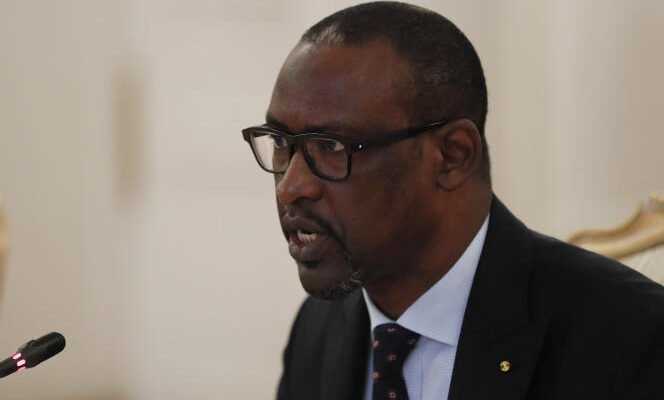On Sunday January 2, a dozen Malian political organizations rejected the duration of the five-year transition proposed the day before by the government to the Economic Community of West African States (ECOWAS). Malian Foreign Minister Abdoulaye Diop said on public television on Saturday that he presented to Ghanaian President Nana Akufo-Addo, current president of ECOWAS, a five-year extension of the transition, at most, from 1er January.
In a press release published on Sunday, the “Framework for the exchange of political parties and groups for a successful transition” indicates that this deadline, in addition to “Violates the transition charter, has not been the subject of discussions in Mali and can in no way be a deep aspiration of the Malian people”. “Consequently, the Executive rejects this unilateral and unreasonable timing”, he adds.
The exchange framework brings together several parties and groupings of parties, including the Rassemblement pour le Mali (RPM), of former president Ibrahim Boubacar Keïta – overthrown on August 18, 2020 -, and Yelema, of former prime minister Moussa Mara. This coalition had already announced its refusal to take part in the National Refoundation Assises, organized from December 11 to 30. He expressed this refusal on November 19 to Colonel Assimi Goïta, in power since the putsch of August 18, 2020.
“We want the transition period not to be linked to the foundation. We want to dissociate them to go to the rapid organization of the elections ”, had explained to AFP Sékou Niamé Bathily, communication manager of the Exchange Framework. The National Refoundation Conference recommended a transition lasting from six months to five years, without deciding.
An extraordinary summit of ECOWAS
West African leaders will meet for an extraordinary summit on Mali on January 9 in Accra. On December 12, they demanded elections in February and threatened to impose additional sanctions as early as January if the Malian authorities did not commit to holding a poll on February 27, 2022. But they notified ECOWAS that ‘ they would be unable to organize presidential and legislative elections in February, as the junta had previously committed.
The Malian government invokes the persistent insecurity in this poor and landlocked country, delivered since 2012 to the actions of groups affiliated with Al-Qaeda and the Islamic State organization, as well as to violence of all kinds perpetrated by self-proclaimed militias of self-defense and bandits. The regular forces are themselves accused of abuses. Two-thirds of the country is beyond the control of the authorities.
To not miss anything on African news, subscribe to the newsletter of World Africa from this link. Every Saturday at 6 a.m., find a week of current events and debates treated by the editorial staff of World Africa.
